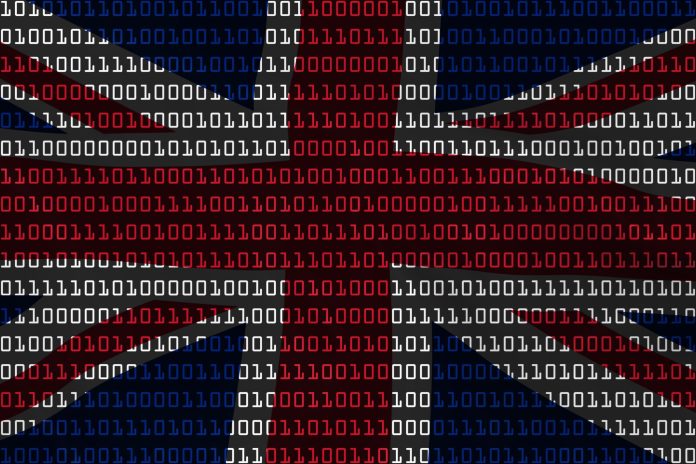Ofcom said that each lot will comprise a block of 200 megahertz
U.K. telecommunications regulator Ofcom has confirmed the details of the country’s first millimeter-wave (mmWave) spectrum auction.
In September, Ofcom announced that it will open the 26 GHz and 40 GHz spectrum bands to mobile technology, including 5G services, for the provision of faster 5G speeds across 68 towns and cities across the U.K.
“We are making large amounts of spectrum in the 26 GHz and 40 GHz bands available for new services, including 5G. The spectrum offers operators the opportunity to access very large contiguous blocks of frequencies, enabling innovative services and very high capacity and speeds,” Ofcom said in a consultation document.
“As well as improving mobile services – particularly capacity and speeds in cities and major towns – mmWave spectrum could also enable innovative wireless applications requiring large amounts of data, very high speeds, or both,” Ofcom added.
The auction will be split into three categories:
-26 GHz lower (25.1–26.5 GHz)
-26 GHz upper (26.5–27.5 GHz)
-40 GHz (40.5–43.5 GHz)
Ofcom said that each lot will be comprised of a block of 200 megahertz. Reserve prices will be £2 million ($2.45 million) for each lot of 26 GHz lower and 26 GHz upper, and £1 million for each lot of 40 GHz.
The auction will be run in two stages. The principal stage – which will be a clock auction – will decide the quantity of spectrum each bidder will be allocated. This will be followed by an assignment stage which will decide the precise frequencies allocated to each winner, Ofcom said.
Ofcom has opened a consultation on its proposed auction rules. Interested parties have until January 9th, 2024, to submit their comments.
In September, Ofcom confirmed it will not hold an auction of mmWave spectrum until a decision has been made by the country’s competition authorities on a proposed merger between local carriers Vodafone and Three UK.
With the proposed merger between Vodafone and Three UK announced in June, the regulator said it does not expect a decision from the Competition and Markets Authority (CMA) until September 2024.
In May 2021, the U.K. completed its most recent 5G spectrum auction, raising a total of £1.35 billion.
In this process, mobile operator EE secured 2×10 megahertz of paired frequency spectrum in the 700 MHz band at a cost of £280 million; 20 megahertz of supplementary downlink spectrum in the 700 MHz band at a cost of £4 million; and 40 megahertz in the 3.6-3.8 GHz band at a cost of £168 million.
Three UK paid £280 million for 2×10 megahertz of paired frequency spectrum in the 700 MHz band, while O2 secured 2×10 megahertz of paired frequency spectrum in the 700 MHz band at a cost of £280 million; and 40 megahertz in the 3.6-3.8 GHz band at a cost of £168 million.
Meanwhile, Vodafone paid £176.4 million for 40 megahertz in the 3.6-3.8 GHz band.
In 2019, U.K. telcos also obtained spectrum for the provision of 5G services. These frequencies enabled the operators to launch 5G services in 2019, making the U.K. one of the most developed markets in Europe in terms of 5G deployments.

